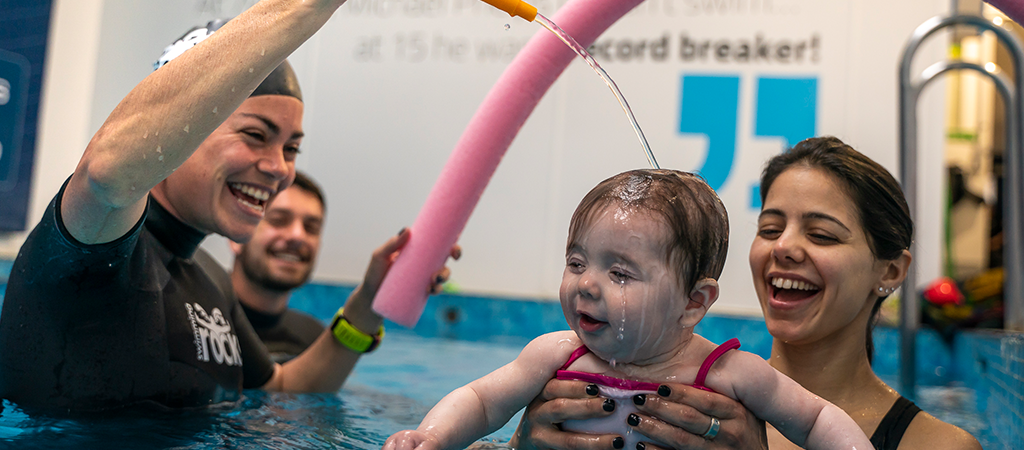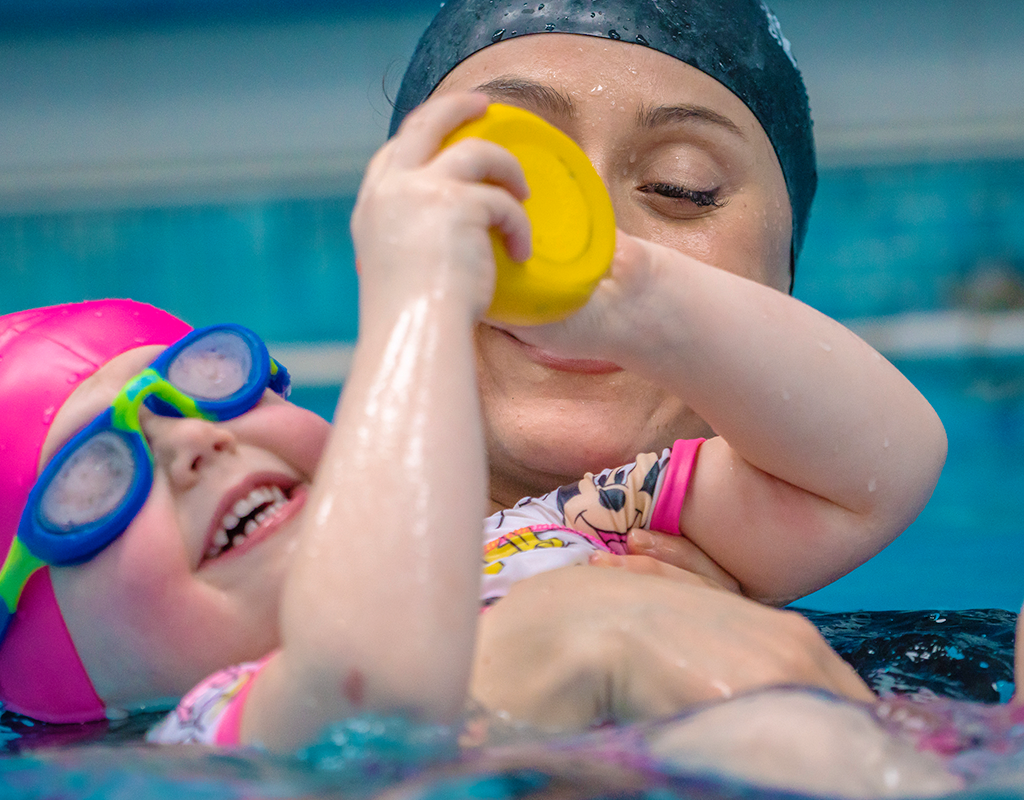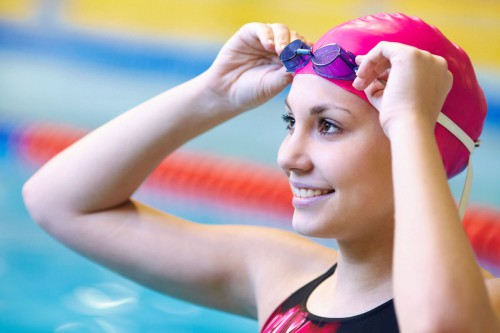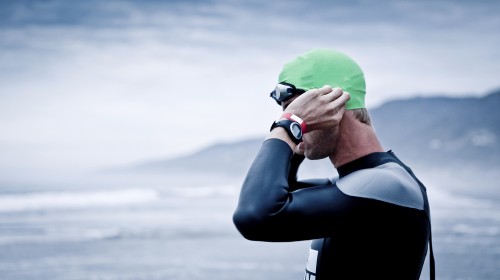
This June sees the RLSS annual Drowning Prevention Week Campaign taking place between the 14-24 June 2019.
The campaign, created by the Royal Life Saving Society UK (RLSS UK) aims to reduce the number of drowning and non-fatal drowning incidences that occur in the UK every year, by showing people how to be safe and have fun near water.
More than 700 people drown in the UK and Ireland every year, that’s one every 10hours and many more suffer injury, sometime life changing when they survive drowning.
And whilst these are super scary statistics, there are many things that you as a parent can do to ensure your family stay safe and enjoy the water.

Learn to Swim
Simple right? But did you know that over 40% of children leave school not being able to swim. We advise everyone to start lessons as early as possible. Being introduced to water as a baby can mean that some simple mechanics of swimming, breathing techniques and the ability to float and survive is already there and the fear that often accompanies a child’s first lessons at the age of 3 or 4 years old is bypassed.
Stay aware when on holiday
With the school holidays just around the corner and many of you looking forward to your summer holidays, weekends away and trips to the seaside, it’s sensible to turn our attention to keeping your family safe around water.
Often the excitement of these trips can mean that normal safety actions are not followed and the temptation to just jump in before weighing up the risks can often lead to accidents.

Here are some simple guidelines to staying safe when on holiday…
- Keep young children under constant supervision, it doesn’t take much water depth to get into trouble and in any case, it’s more fun to swim together!
- Look for Lifeguards – a safe pool or beach will always have one on duty. They will be trained about the water risks in a given environment and will give you added reassurance for your family.
- Follow the pool rules and signs – never dive into a shallow pool and make sure that you are aware of water flow, temperature and layout.
- Never swim alone – and make sure that you know where your family is at all times.
- Don’t use inflatables in the sea – they are a well-known hazard and can easily drift out or get caught in strong currents.
- Be aware of the beach flags and signs – keep to the safe areas and know when the tides are coming in and out. Dangerous rip-tides are a big threat so follow the advice offered.
- Swim parallel to the shore and keep away from rocky areas.
- If you get into trouble in water – wave your hand and shout loud but try and stay calm. The current advice is to float on your back to conserve energy.
- Drowning does not look like it does in the movies. It can be silent and you need to be aware of the signs. RLSS.org.uk is a wealth of information.
- Take a first aid course. – There are lots of paediatric courses on offer. It could save a life.
- Use floatation aids if you need to – they may not be used in your swimming lessons, but they can offer reassurance when on holiday. We LOVE Swim Fins (https://swimfin.co.uk) which are fun for kids too.
- Know the S-A-F-E Code
S – Spot Danger
A – Follow Advice
F – Stay close to Family members for Friends
E – shout for help and know the Emergency numbers for where you are
It’s Never too late to learn:
We cannot tell you how many times we get told by parents that they can’t swim themselves. Or that they are fearful of passing on their fear of water to their little ones. And whilst it’s inspiring that they are ensuring their children will not be in that position, we say, come and learn to swim too. Then you too, can stay safe and enjoy the water with your children! One of our biggest satisfactions is teaching a nervous adult to swim and to overcome one of their biggest life challenges!
Stay safe, be aware and definitely invest in learning to swim, but whatever you do and wherever you are…enjoy the water too!
Swimming Rocks offer swimming lessons 7 days a week in venues across London.





